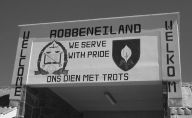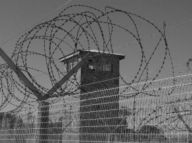Science and society
If you take our study as an attempt to reproduce real prison conditions, and think that we were trying to say that what happened in our study happens in exactly the same way in real prisons, then you might quite rightly doubt its relevance to the real world.
But as we have explained, that is not what we were trying to do. On the basis of social psychological theory, we were trying to investigate the factors (e.g., social identification, permeability, cognitive alternatives) that determine when people act as group members and how they respond to an unequal social system.
With the advantage of that knowledge, we can then identify these factors at work in different social situations and start to predict how people are likely to behave. In other words, we do not seek to generalize directly from the results of our study to the real world. We do this indirectly from the insights that the results give us about psychological processes.
In this way, our results have practical implications for many intergroup situations – and in fact they are currently being applied by practitioners in schools and in other organizations.
Viewed this way too, our study can also be applied to prisons and is being used for training in the Prison Service. For there are many prisons where Guards do not act as a group and the Prisoners do, where Guards are stressed and Prisoners resist. And quite often, the Prisoners do end up on top.
As Nelson Mandela recalled of his time as a prisoner on Robben Island: “The inmates seemed to be running the prison not the authorities”.
Robben Island, where Nelson Mandela spent the majority of his time in prison during South Africa's Apartheid regime
"The inmates seemed to be running the prison not the authorities"
Resource
These quotations are related to the question of the study's relevance to society

